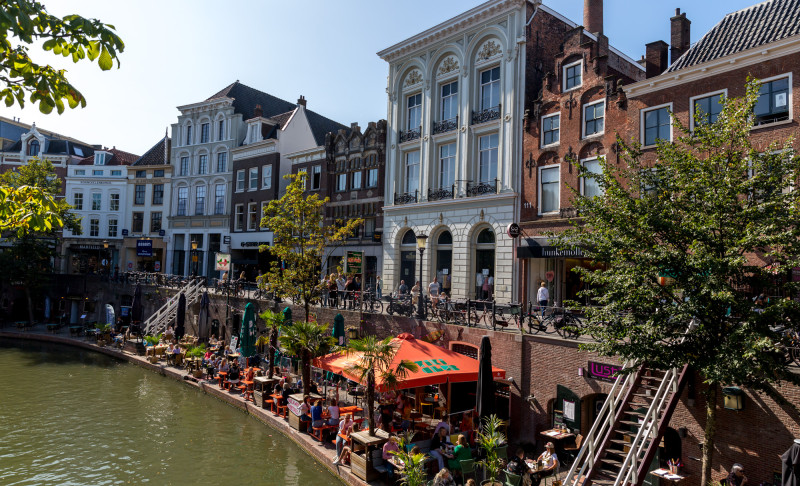
The Politics of Disablement
The Politics of Disablement Summer School brings together scholars from various fields in the humanities and social sciences interested in thinking about the intersection of disability studies and politics.

The Politics of Disablement Summer School brings together scholars from various fields in the humanities and social sciences interested in thinking about the intersection of disability studies and politics.
The Politics of Disablement Summer School brings together scholars from various fields in the humanities and social sciences interested in thinking about the intersection of disability studies and politics. The event aims to explore the diverse ways in which disability is understood and experienced within different social, cultural and political contexts. The summer school will provide a platform for scholars, researchers and practitioners to engage in interdisciplinary discussions, share their research and exchange ideas on the politics of disablement.
The summer school is organized around two tracks: disability and social justice, and capacity and representation. Each track will have a distinct focus, and participants are invited to submit ideas for papers and workshops related to these themes. The disability and social justice track will explore the intersection between disability and social inequalities, examining the ways in which disability relates to different forms of discrimination, marginalization and social (in)justices. We also welcome exploring the social and cultural constructions of disability as they relate to embodiment, and identity. The capacity and representation track will explore the ways in which disability is represented in popular culture, media and literature, the impact of these representations on the lives of disabled people, and their political implications and consequences.
The summer school will offer participants the opportunity to engage with other scholars in the field of disability studies, and to share their own research with a wider audience. In addition to paper presentations and workshops by the participants, this edition of the summer school will also include a keynote lecture, panel discussions and social events, with the aim of creating a vibrant and stimulating environment to think through the relationship between disability and the political.
Alice Schippers is Professor of Disability Studies at the University of Humanistic Studies, Utrecht, by special appointment on behalf of Disability Studies in the Netherlands. Her research focus is on (Family) Quality of Life, Social Justice and Inclusive Research. Her most recent research projects have focussed on the impact of disability on quality of life; inclusion and exclusion within families and communities; and transdisciplinary, arts-based and collaborative research. She is Board member of the International Association for the Scientific Study of Intellectual and Developmental Disabilities (IASSIDD) and Associate editor with two international journals. She has been chair of international conferences on disability and diversity and is on supervisory and advisory boards in the wider social sector.
Andries Hiskes is a PhD candidate at the Leiden University Centre for the Arts in Society, where he works on the intersection between disability studies, comparative literature, and affect theory. His research examines literature and art in which affective responses are evoked and/or shared by deviant and disabled bodies, focusing on how the artwork is constructed to elicit such responses. Concurrently, through the added emphasis on emotional and affective responses provoked by disabled bodies, his research explores how art may manipulate such responses. As senior lecturer at the department of nursing at The Hague University of Applied Sciences, he teaches narrative medicine, participative healthcare, and disability studies.
The Politics of Disablement Summer School is open to researchers, practitioners and students from a range of disciplines, including those who work in fields like sociology, anthropology, cultural studies, literature, philosophy, political science, and social work. It is particularly relevant for those interested in disability studies, social justice, human rights, and diversity and inclusion.
With the Politics of Disablement summer school, we seek to offer an exciting opportunity for scholars and practitioners with different levels of experience and background to engage in critical discussions and debates on disability and politics, drawing on the insights and perspectives of multiple disciplines. By bringing together a diverse range of scholars, the summer school aims to contribute to the ongoing conversation about the politics of disablement, and to inspire new ways of thinking about disability and social justice.
Three days, starting in the afternoon of the first day and max 6 hours in the following days.
The course fee of EUR 225 applies to all participants who attend the course at the venue (onsite).
A discount of EUR 40 applies to participants attending the course online (i.e. net fee of EUR 185). We recommend attending in person. Please indicate in your motivation letter if you prefer to attend online.
A discount of EUR 75 to the onsite fee only (i.e. net fee of EUR 150), may be applied to a limited number of participants who otherwise have great difficulty of paying the course fee. This discount can be applied for in the motivation letter. It is granted at the discretion of the course director.
The housing costs are without the Utrecht Summer School sleeping bag. This is a separate product on the receipt. If you want to bring your own bed linen, deselect/delete the sleeping bag from your order.
In a short letter of motivation, you describe:
Keep your motivation at a maximum of 300 words.
For this course you are required to upload the following documents when applying: